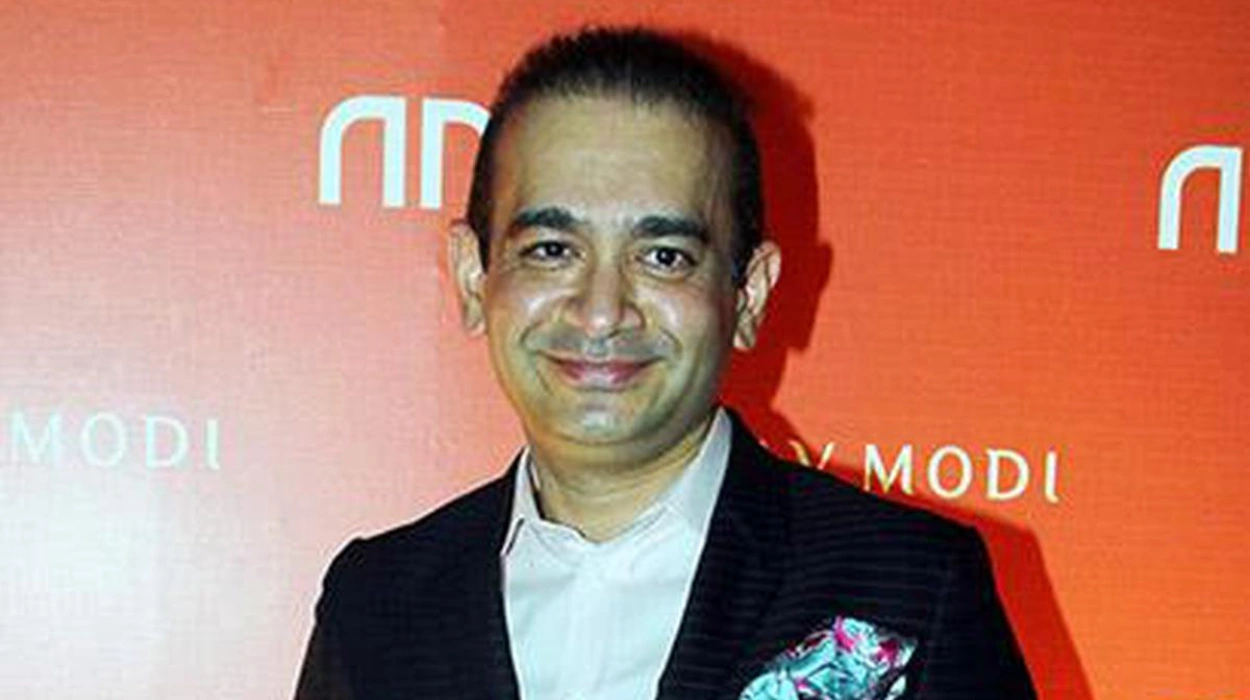Nirav Modi, implicated in the notorious $2 billion Punjab National Bank (PNB) fraud, is reported to hold at least 11 properties in Dubai worth approximately Rs 56 crore (about $7.8 million USD) through his group company Firestar Diamond FZE. After the scam surfaced, Modi fled India and became a fugitive, while Indian enforcement agencies took action to attach and seize his overseas assets. These Dubai properties include luxury apartments and commercial units acquired using complex ownership structures designed to obscure his direct control and beneficial ownership. Modi’s instrumental use of Dubai real estate functioned as a key channel to move and legitimize stolen bank funds under the guise of legitimate investments.
Unraveling the Use of Offshore Shell Companies to Mask Beneficial Ownership
Central to Modi’s laundering method was the deployment of multiple layers of offshore shell companies headquartered in Dubai’s free zones. These entities enabled him to buy real estate assets while keeping his true ownership concealed from regulators. The shell companies acted as buffers, breaking the link between the property and Modi personally and exploiting Dubai’s lax beneficial ownership disclosure requirements. This tactic effectively camouflaged the criminal origins of funds by layering illicit money across several corporate vehicles, complicating law enforcement’s tracing efforts.
Complex Corporate Webs and Ownership Secrecy in Dubai
Dubai’s free zones offer entities substantial operational freedom, including minimal public disclosure, lax anti-money laundering (AML) checks, and favorable tax regimes. Modi’s network leveraged these conditions, forming multi-tiered entities that purchased properties in names unconnected publicly to him. This corporate opacity is the cornerstone of beneficial ownership secrecy, perpetuating systemic risks of illicit finance in Dubai real estate. Despite reforms aimed at improving transparency, enforcement remains patchy, allowing such schemes to continue under the radar.
Exploiting Dubai’s Real Estate Boom: High-End Properties as Money Laundering Vehicles
Nirav Modi’s acquisitions focused on ultra-luxury residential and commercial properties, often located in prestigious developments like Palm Jumeirah and Dubai Marina. These properties serve as ideal vehicles for laundering because of their high value, ease of transfer, and global appeal to wealthy elites. Investing stolen funds in tangible assets like villas and upscale apartments not only provides a veneer of legitimacy but also protects wealth offshore, making it difficult for authorities to freeze or seize assets in ongoing legal proceedings.
Coordination Failures in UAE AML Enforcement and Cross-border Legal Hurdles
Though the Enforcement Directorate (ED) of India has been proactive in securing legal cooperation from Dubai authorities, critical enforcement challenges persist. Dubai’s inherent secrecy in property ownership, slow inter-agency coordination, and the maze of corporate structures protect fugitives like Modi. Multiple Letters Rogatory (international judicial requests) have been sought to formalize asset attachment, but extricating wealth from sophisticated corporate layers remains a complex endeavor. This illustrates vulnerabilities in UAE AML reforms, undermining efforts to deter real estate corruption scandals linked to global illicit finances.
Dubai Properties Linked to Nirav Modi
| Property Location | Property Type | Estimated Value (USD) | Associated Company |
| Multiple luxury apartments, Palm Jumeirah | Luxury residential units | Approx. $7.8 million | Firestar Diamond FZE |
| Commercial properties in Dubai Marina | Commercial units | Included in total valuation | Firestar Diamond FZE |
| Other real estate holdings in Dubai’s free zones | Mixed properties | Part of Rs 56 crore value | Group companies under Modi |
The Dynamic Role of Family and Associates in Laundering Network
Nirav Modi’s laundering operations extended beyond himself to include family members and close associates who facilitated the movement and concealment of illicit proceeds. His brother, Nehal Modi, was reportedly involved in destruction of evidence and managing assets in Dubai, employing tactics such as intimidation and destruction of digital records to stifle investigations. These networks utilized multiple passports and safe havens to distribute and protect wealth, complicating prosecution efforts across jurisdictions.
Strategic Implications: Indian Economic Offenders’ Use of Dubai Real Estate
Nirav Modi exemplifies a broader trend whereby India’s economic offenders and some elite business entities turn to Dubai’s real estate market for sheltering illicit wealth. This has implications not only for Indian governance and tax-base erosion but also for global financial integrity, as Dubai’s property market operates as a nexus for cross-border money laundering. Anti-money laundering reforms—while improving—have yet to fully close loopholes enabling such high-profile fugitive economic offenders to exploit real estate as a laundering tool.
Enhancing UAE AML Reforms: Challenges and the Way Forward
Despite the UAE’s implementation of new AML reforms mandating greater transparency and source-of-funds verification, enforcement remains inconsistent. The financial incentives inherent in Dubai’s luxury real estate sector create a challenging environment for authorities seeking to crack down on corruption and illicit finance. It underscores the necessity for global cooperation, including information sharing between nations, stricter beneficial ownership registries, and rigorous auditing to disrupt laundering networks exploiting Dubai’s real estate market.


